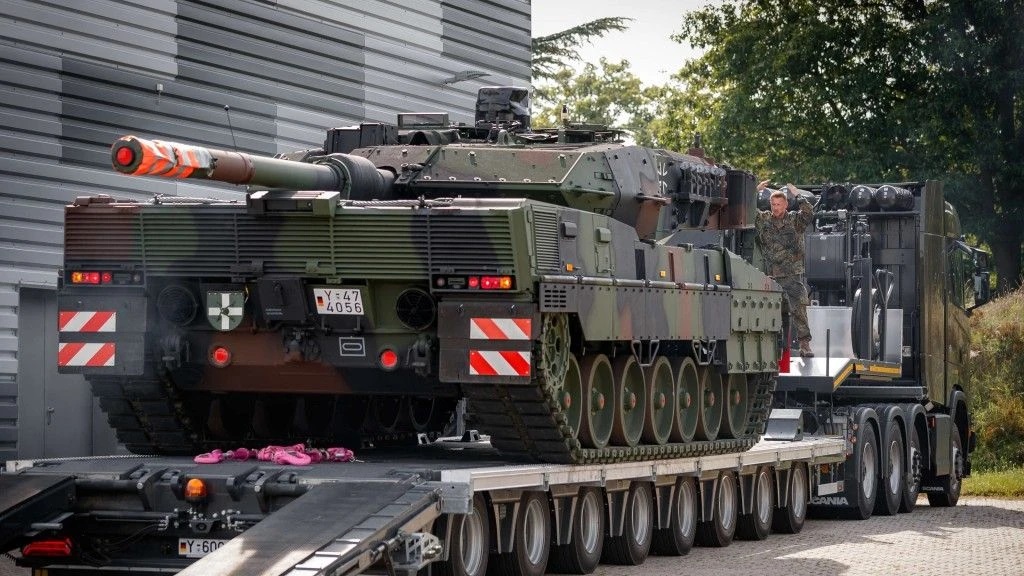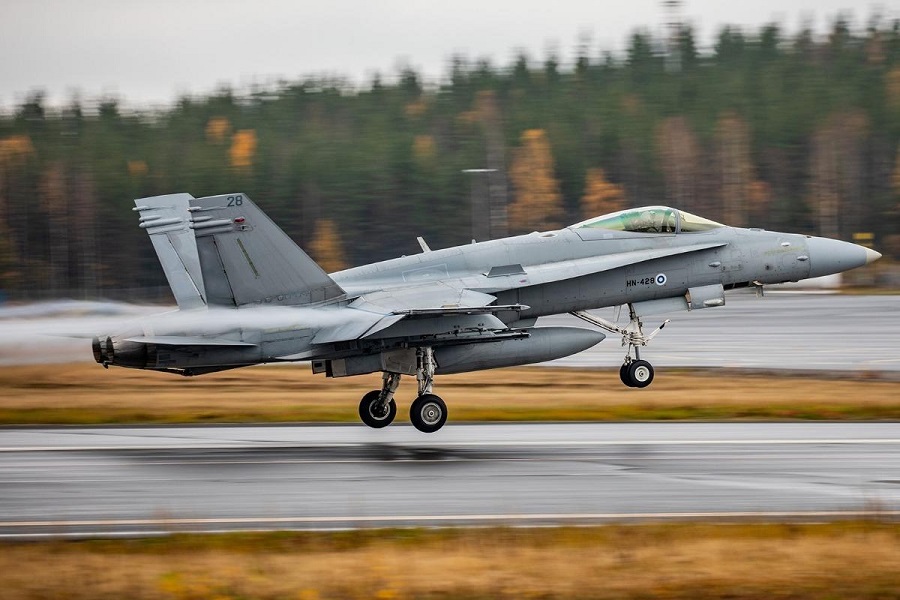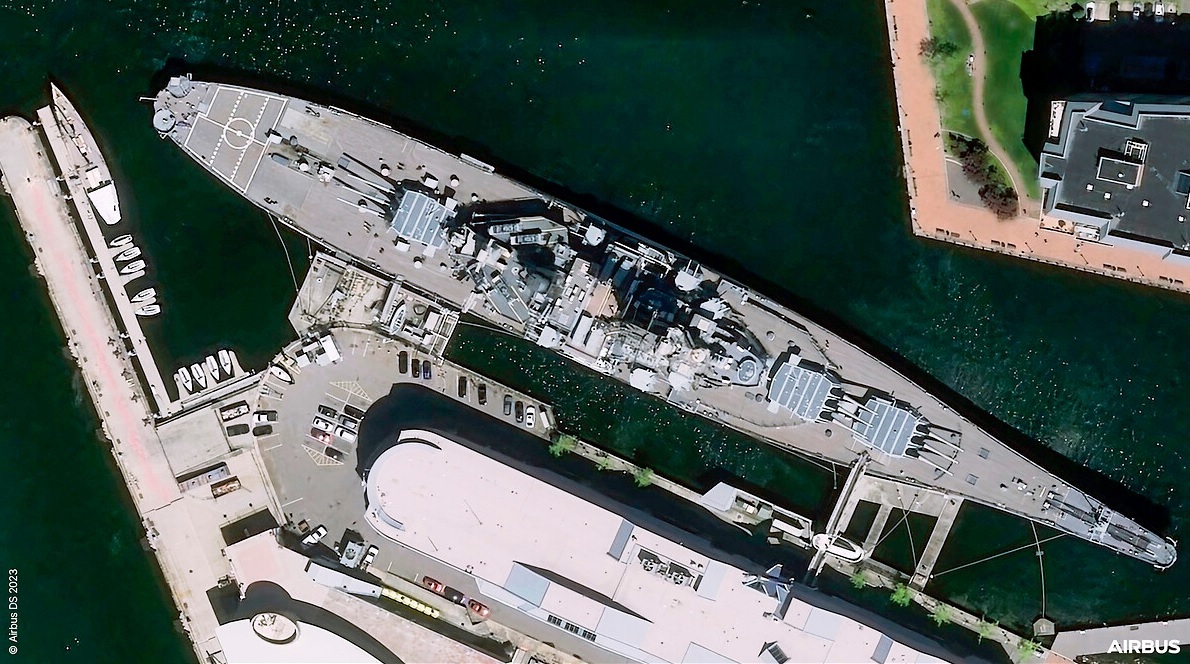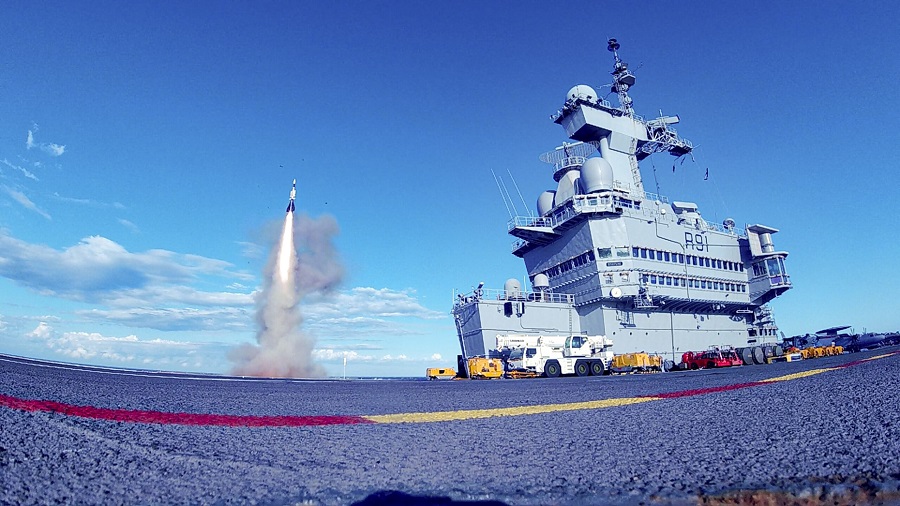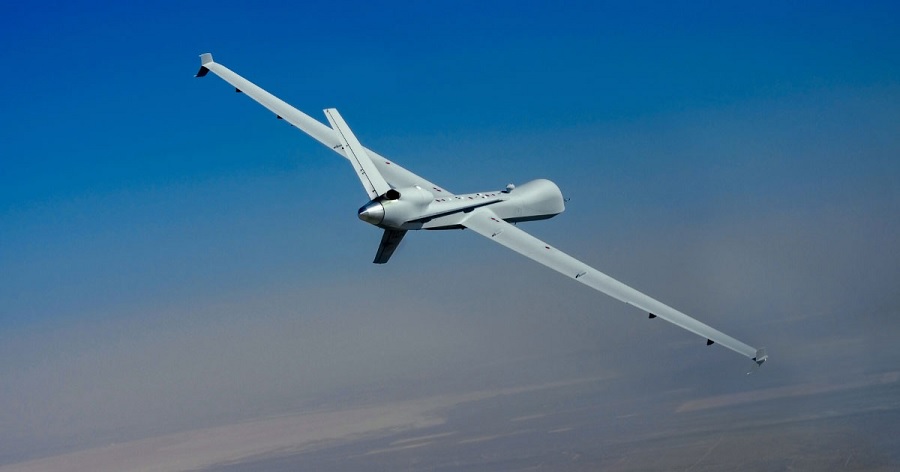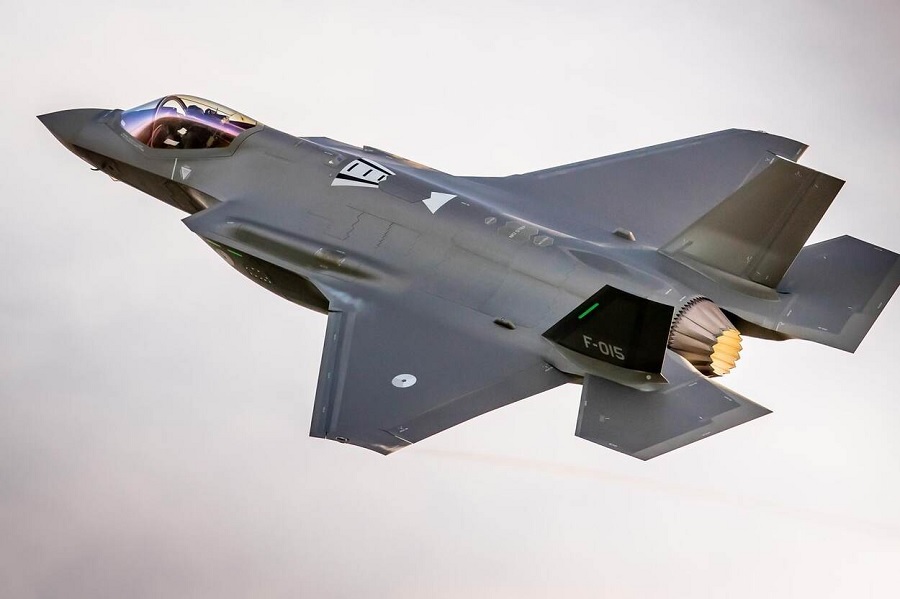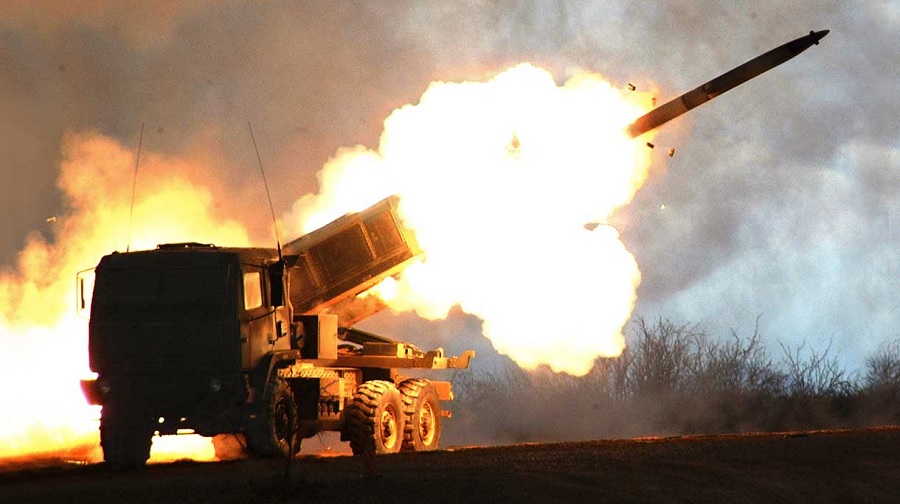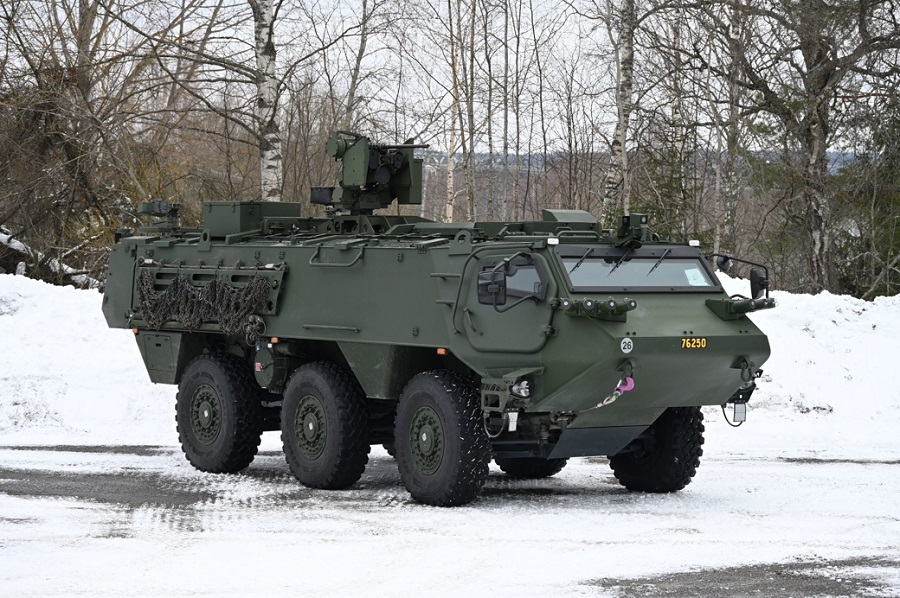The German Ministry of Defence spokesman, Michael Stempfle, detailed the events leading to the confrontation. The “Hessen” was on high alert due to a drone attack threat from the Houthis, endangering maritime traffic in international waters. Initially, the frigate successfully neutralized an approaching unmanned aerial vehicle using its onboard 76 mm gun. A subsequent drone threat was also eliminated with a light anti-aircraft missile from the Rolling Airframe Missile (RAM) system. These actions underscored the proximity of the threats, as both the cannon and RAM system are intended for direct defence within a few kilometers.
However, the situation escalated when the “Hessen” targeted another object it identified as hostile, launching a pair of medium-range SM-2 Block IIIA anti-aircraft missiles. This target was later revealed to be a friendly MQ-9 Reaper drone operated by the US armed forces. Fortunately, the missiles missed their unintended target, and the error was quickly recognized and addressed.
The root cause of the mishap was identified as the Reaper drone’s entry into the frigate’s defended sector without prior notification and with its transponder, crucial for friend-or-foe identification, turned off. Military transponders, while encrypted, can alert adversaries to aerial reconnaissance activities, leading to their frequent deactivation in hostile areas. However, protocols dictate reactivation upon returning to areas controlled by friendly or allied forces to prevent such incidents.
This incident occurred against the backdrop of the EU’s defensive “Aspides” mission and the more aggressive American “Prosperity Guardian” operation in the region, which often involves retaliatory or preemptive strikes on targets in Yemeni territory. The friendly fire incident highlights the complex dynamics and risks of modern military operations, emphasizing the importance of communication and coordination among allied forces to prevent future misunderstandings.











